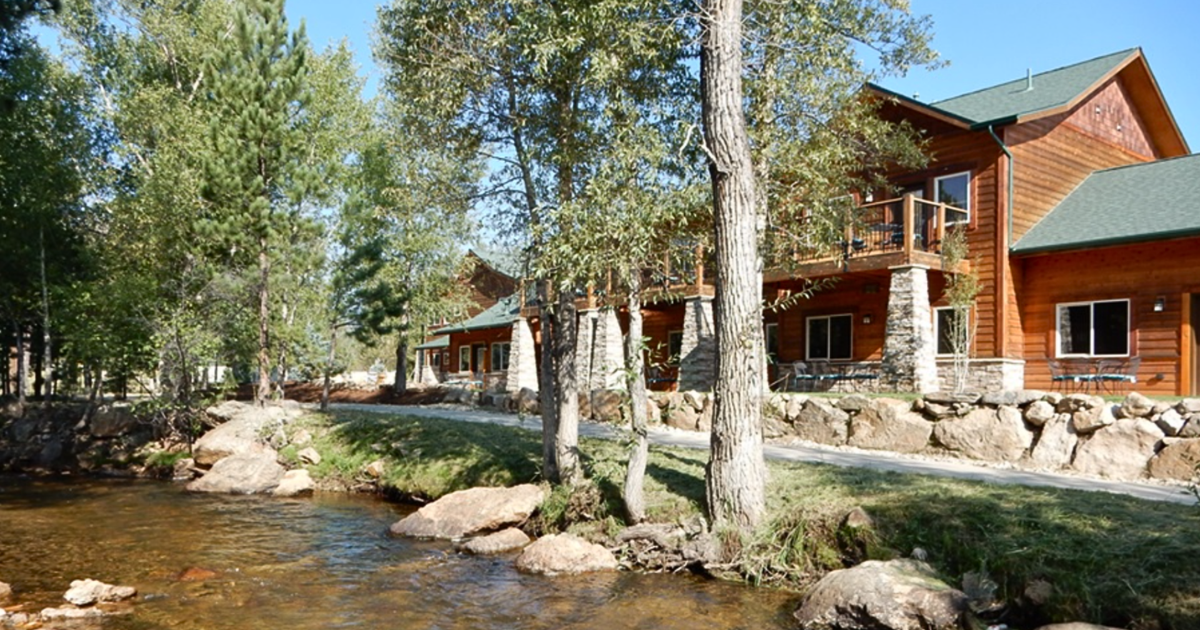Should you get a reverse mortgage?
With inflation up and the costs of goods and services rising, you might be looking for a way to free up cash. And reverse mortgages — at least for homeowners 55 and up — can be one way to achieve this.
Still, they're not right for everyone. The benefits of this unique personal financial decision vary based on your own circumstances. You can easily see what you qualify for - and how much cash you can potentially get from your home - by speaking to a lender today.
Are you considering a reverse mortgage? Weigh these pros and cons now.
What is a reverse mortgage, and how does it work?
A reverse mortgage lets you borrow against your home equity, turning it into cash you can use for any purpose.
Unlike traditional mortgages, you don't make payments on a reverse mortgage. Instead, the mortgage lender pays you — either with a lump sum, monthly payments, a line of credit, or via some combination of these.
You only repay the loan once you sell the house, move out or pass away.
Reverse mortgage pros
It can provide extra income
The biggest advantage of reverse mortgages is that they offer extra cash, and in retirement — when funds are often limited — that can be a huge help. If you choose monthly payments, it may even be enough to cover your living expenses and any other costs you face on a regular basis.
If this sounds like something you could benefit from, you can easily get started today.
It can reduce your monthly expenses
Reverse mortgages also remove the need for costly housing payments. Rather than shelling out hundreds or even thousands per month to a lender, you get paid instead. This can make it significantly easier to get by on a limited income in retirement.
It's tax-free
Though they might feel like it, reverse mortgage proceeds aren't considered income — at least by the IRS. This means you won't owe additional taxes on your reverse mortgage payments, no matter how significant they may be.
Reverse mortgage cons
There are closing costs
Reverse mortgages don't have monthly payments, but they aren't completely free of charge. In fact, reverse mortgages actually come with closing costs — and those can add up to quite a bit in some cases.
According to the Consumer Financial Protection Bureau, origination fees can reach as high as $6,000. There are also third-party fees for appraisals, credit checks, and more, and you'll also have to pay MIP (mortgage insurance premiums). These come to 2% of your maximum loan amount upfront, plus 0.5% of the outstanding loan balance annually.
Your heirs will inherit less
If you plan to leave your home to children or grandchildren, a reverse mortgage could make that difficult. Once you die, the balance on your reverse mortgage will come due, and if your heirs can't settle it out of pocket, they'll need to sell the house to repay the balance. Heirs typically have 30 days once they receive notice to repay the loan.
It puts your home at risk
A reverse mortgage is a loan that uses your home as collateral. That means if you fail to comply with the terms of the mortgage — namely, staying current on your property taxes, home insurance premiums and HOA dues — you'll be in default, and the lender could foreclose on your home.
Proceed smartly
Reverse mortgages can be helpful financial tools, but they're not a good fit for every homeowner or every scenario. Before you apply for a reverse mortgage, make sure to consider both the pros and cons of these loans carefully.
If you're ready to proceed - or simply want more information about this unique personal financial opportunity - you can speak to a lender to see what you qualify for.




